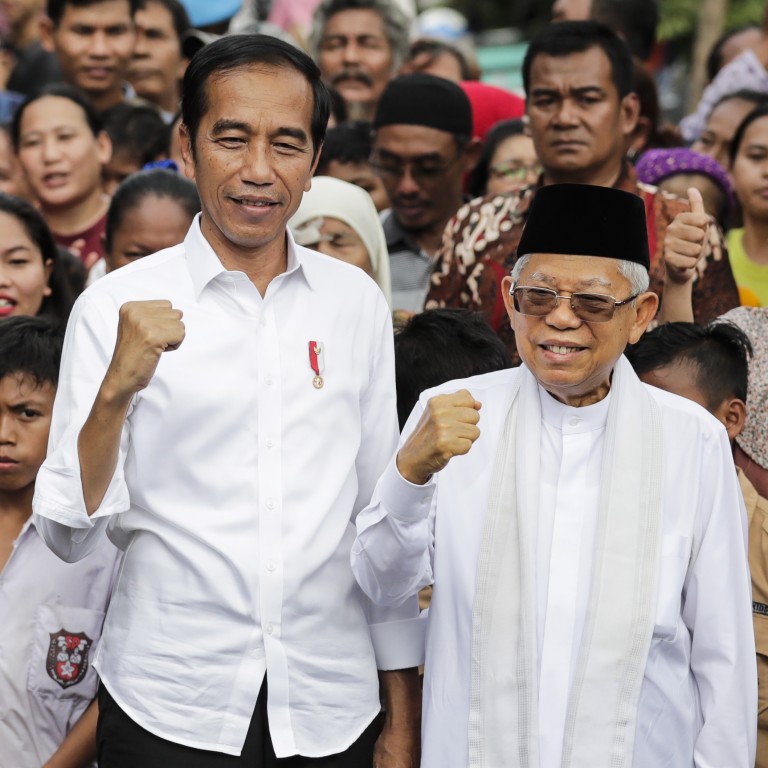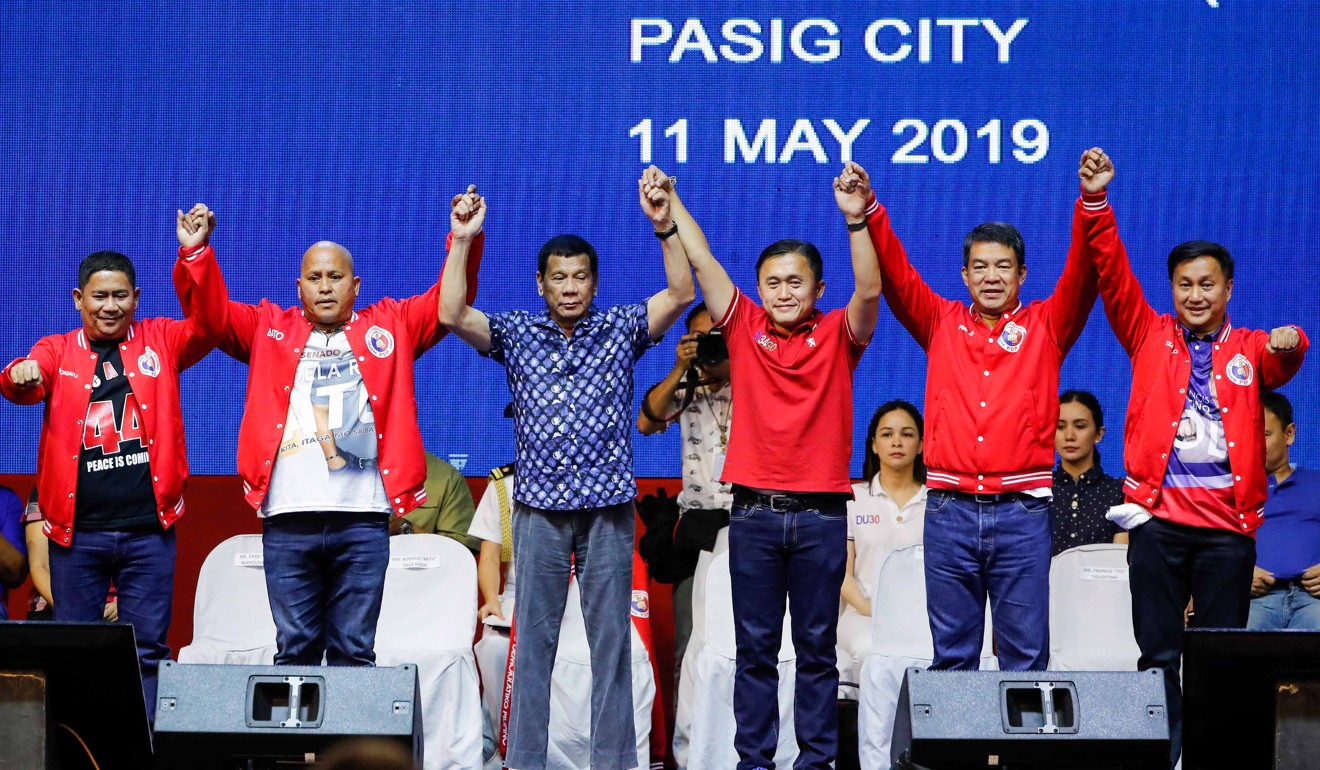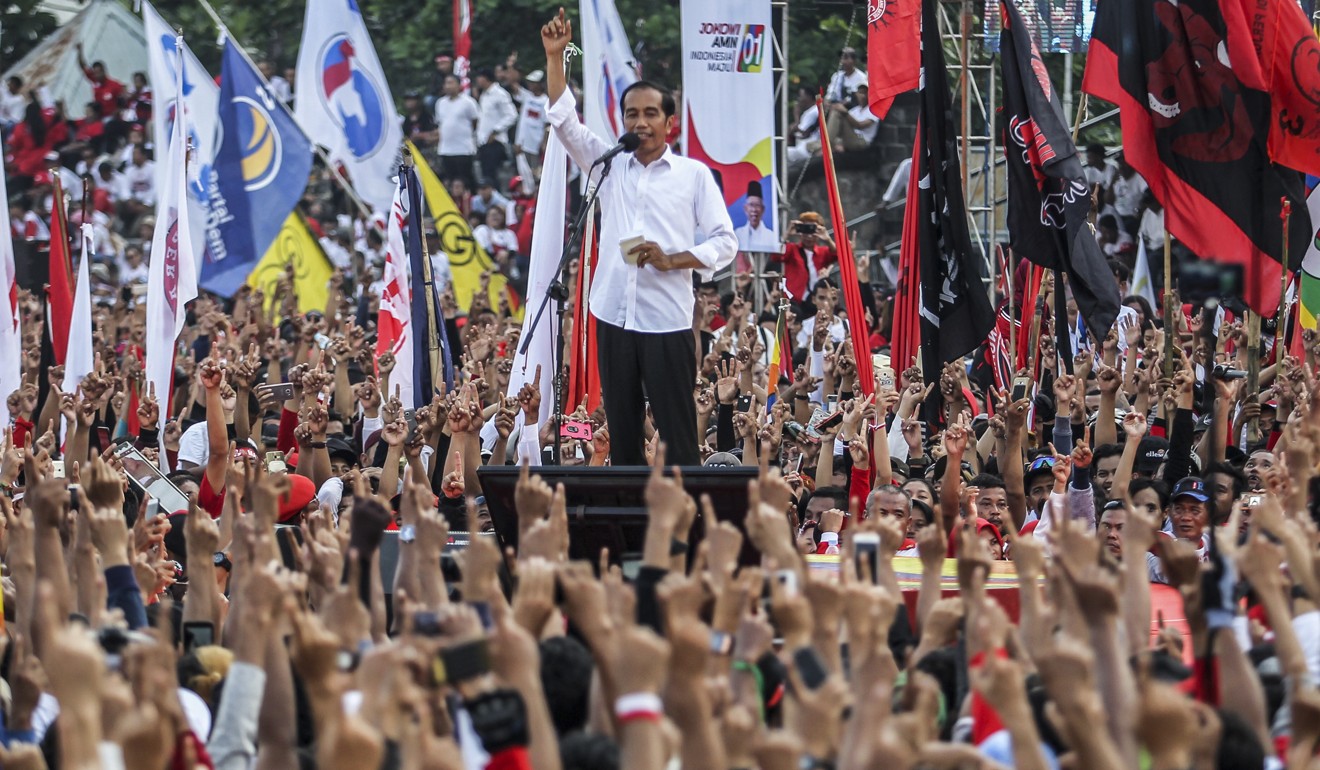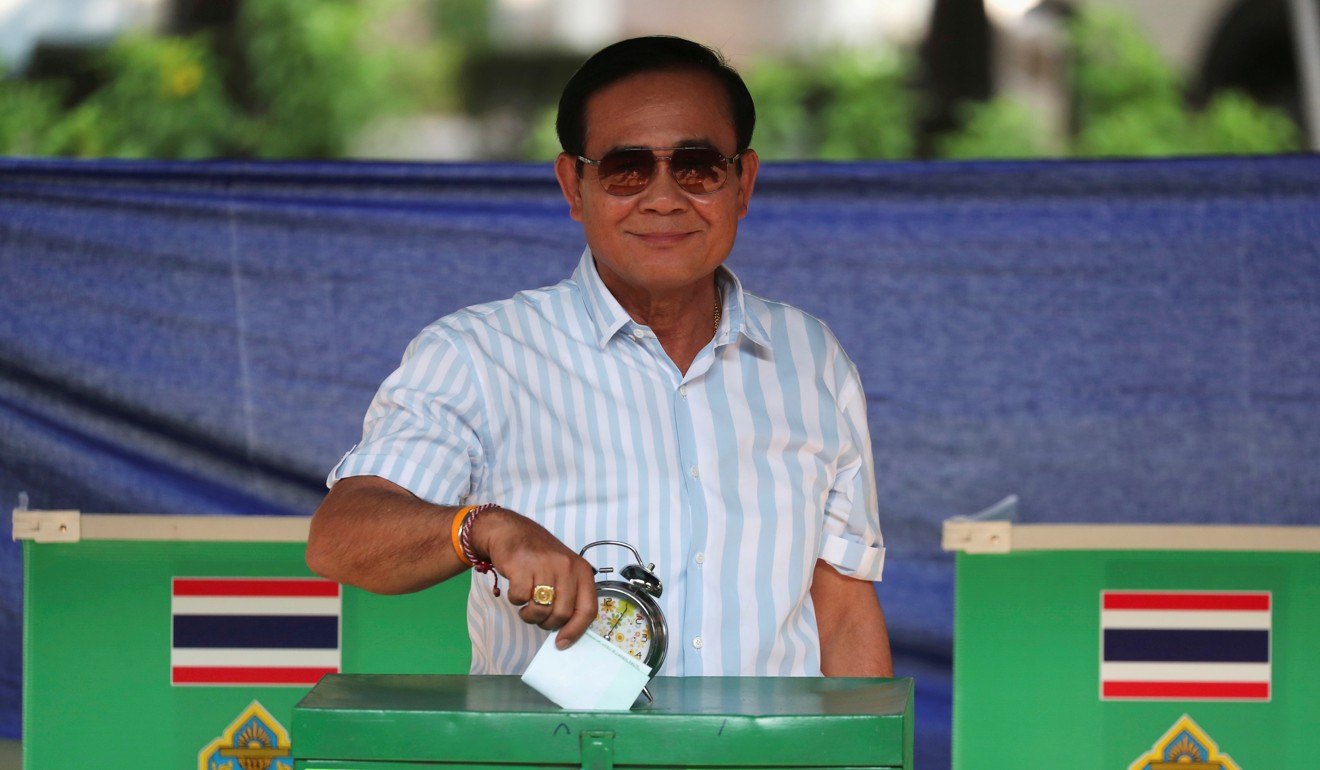
Modi, Duterte, Widodo have something in common – and it’s not just winning elections
- Incumbency, economics, charismatic leaders and identity politics all shaped Asia’s tumultuous election season
- Ultimately, the lesson for opposition parties may be that there is no short cut to power
This year, India, Thailand, the Philippines and Indonesia all held elections. About 1 billion voters were involved, all within a few weeks of one another.
These differences aside, now that the dust has settled, what can be learned? Five points have emerged.
Thailand’s Prayuth Chan-ocha: the military man with staying power
Firstly, incumbency matters. There may have been rumblings in all four nations, but their elections more or less confirmed the difficulty of unseating a leader.

Second, electoral success may not necessarily be about the economy. There have been economic headwinds to varying degrees: including concerns over costs of living, job creation, slumping commodity prices and agrarian distress.
India, for instance, has seen its consumption slump. A report in early May 2019 from The Economic Times Intelligence Group found growth in sales of passenger cars was the lowest in five years. Volume growth for fast-moving consumer goods companies – which rely on rural areas for more than one-third of their sales – dropped to a six-quarter low.
Nevertheless, shopkeepers in Mumbai still felt optimistic – and almost all of them were Modi supporters. In the bustling Colaba Causeway Market in Mumbai’s south, shopkeepers like 29-year-old Chetan Parmar – originally from Rajasthan – ought to have been feeling the pinch of the slowing economy.
Instead, he insisted: “People are buying less now, but that’s OK because it’s that time of the year. Wait for a few months: they will [eventually] come and buy a lot. It’s just the normal pattern – we’ll see.”
It’s not the economy, stupid: why Indians voted for Modi over jobs
So why did voters give their leaders a “free pass” on the economy this time around?
The answers lies in the third and fourth lessons of Asia’s election season: charisma counts and so does identity politics.

Leaders such as Modi and Duterte are larger-than-life figures. Metropolitan elites may find their politics repugnant but that is part of their populist appeal.
In contrast, Indonesian voters clearly preferred the humble, practical Jokowi to Prabowo Subianto, his more strident and erratic opponent.
Opinion: Modi must rethink divisive politics for India’s ambitions to be realised
In India, a majority of voters have embraced the Hindu majoritarian politics of Modi and the BJP. The demonisation of the Muslim Indian minority and Pakistan, as well as wedge issues like cow protection, outweighed Modi’s economic failures.
In fact, 19.7 per cent of the BJP’s MPs from the so-called “Hindi belt” in north-central India elected in 2019 were reportedly from Other Backward Classes – known as OBCs, India’s disadvantaged and discriminated castes – a perverse twist given the party has traditionally been a bastion of their upper-caste tormentors.

Notwithstanding credible concerns about the Thai election’s legitimacy, Palang Pracharath’s winning 116 lower house seats and 23.74 per cent of the popular vote can likely be ascribed to the conservatism of the 19.5 per cent of Thai voters aged 61 years or older, as well as fears to a return to the turmoil of the Thaksin Shinawatra era.
Opinion: Why all of Asia should hope Widodo’s second term is successful
Even Jokowi, to an extent, had to play the numbers game. His endorsement by the moderate Nahdlatul Ulama (NU) organisation boosted his vote count in East and Central Java, more than making up for losses in heavily Muslim regions such as West Java and much of Sumatra.
Still, his people-centric policies such as the Dana Desa (“Village Fund”) scheme also blunted the economic edge of the populist attacks against him.
Finally – and this applies to opposition parties everywhere – there are no short cuts to power.
Duterte’s win in Philippine midterm elections boosts death penalty plan
So, there you have it. It would appear – with notable exceptions – the strongmen have prevailed in Asia.
One can only hope the democracy and pluralism of these nations are stronger than their electoral cycles and that, more importantly, the lot of their people can be improved.

